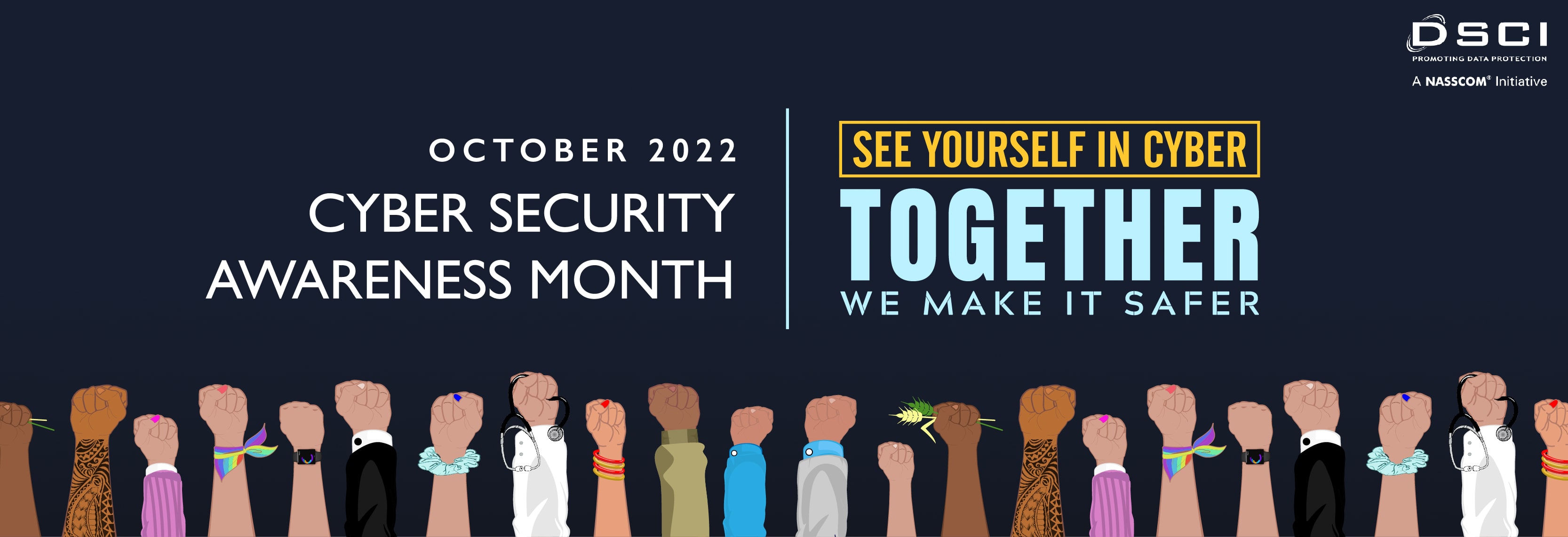A Complete Guide to Cyber Security Training Programs for Beginners and Professionals

Strong 8k brings an ultra-HD IPTV experience to your living room and your pocket.
In today’s hyper-connected digital world, data breaches, ransomware attacks, and phishing scams have become everyday threats. With businesses, governments, and individuals increasingly dependent on technology, cybersecurity is no longer a niche skill—it's a necessity. This growing demand has sparked a surge in cyber security training programs, catering to both beginners looking to enter the field and seasoned professionals aiming to upgrade their expertise.
If you're considering a career in cybersecurity or want to enhance your current skillset, understanding the available cybersecurity training programs is crucial. This guide will walk you through the different types of training, certifications, learning paths, and how to choose the right one based on your goals.
Why Cybersecurity Training Is Essential
The threat landscape is evolving rapidly. Cybercriminals are not just targeting large corporations—they’re going after hospitals, schools, small businesses, and even individuals. As such, companies are investing heavily in cybersecurity defenses, and professionals who can defend systems, identify vulnerabilities, and respond to incidents are in high demand.
Whether you are an IT graduate, a working professional, or someone pivoting from another industry, completing reputable cyber security training programs can open doors to a high-growth, high-impact career.
Who Should Consider Cybersecurity Training?
Cybersecurity training programs are not just for tech experts. There’s a role for everyone, from technical hands-on defenders to policy makers and compliance officers. You should consider cybersecurity training if you are:
- A recent graduate looking for a career in tech
- An IT professional seeking specialization
- A system/network administrator
- A compliance or audit professional
- A non-technical person interested in cybersecurity awareness and policy
The beauty of cyber security training programs today is their flexibility—they range from beginner-level awareness sessions to advanced penetration testing and threat analysis certifications.
Core Areas Covered in Cyber Security Training Programs
A well-rounded training program should touch on several key areas, ensuring that participants develop both theoretical knowledge and practical skills. Here are some of the primary topics typically covered:
1. Network Security
Understanding how to secure data in transit, prevent intrusions, and protect infrastructure is foundational.
2. Cryptography
Students learn how encryption works, how data can be securely stored and transmitted, and how cryptographic keys are managed.
3. Ethical Hacking and Penetration Testing
This teaches how to simulate attacks on systems to discover vulnerabilities before malicious actors do.
4. Incident Response and Forensics
Responding to cyberattacks, analyzing breaches, and collecting digital evidence is critical for legal and recovery processes.
5. Risk Management and Compliance
These sessions focus on understanding laws, frameworks (like GDPR, HIPAA, ISO 27001), and how organizations should align with them.
6. Cloud Security
With most businesses moving to the cloud, securing virtual environments, applications, and storage is now a vital skill.
Types of Cybersecurity Training Programs
Whether you're just starting or looking to specialize, there are numerous cybersecurity training programs available in various formats:
● Online Courses
Perfect for self-paced learning, online platforms like Coursera, Udemy, edX, and Cybrary offer a range of beginner to advanced cybersecurity courses.
● Bootcamps
These are intensive, fast-track programs designed to make you job-ready in a few months. Bootcamps often include hands-on labs, mentoring, and career coaching.
● University Programs and Diplomas
Many universities now offer degrees and diplomas focused entirely on cybersecurity. These programs are ideal for those seeking a comprehensive, accredited education.
● Vendor-Specific Training
Many companies, such as Cisco, Microsoft, and Palo Alto Networks, offer training and certifications tied to their products and solutions.
Top Certifications to Consider
Certifications add credibility to your resume and validate your skills. Some of the most recognized cybersecurity certifications include:
- CompTIA Security+ – Ideal for beginners
- Certified Ethical Hacker (CEH) – Great for penetration testers
- Certified Information Systems Security Professional (CISSP) – Advanced certification for experienced professionals
- Certified Information Security Manager (CISM) – Focuses on risk management and governance
- GIAC Certifications (by SANS Institute) – Highly respected in the industry
These certifications are often part of or aligned with comprehensive cyber security training programs, helping you gain both knowledge and career advancement.
How to Choose the Right Cybersecurity Training Program
When selecting a cyber security training program, it’s important to consider a few critical factors:
✔️ Your Current Skill Level
Are you a complete beginner, or do you already have some IT or security background? Choose a course that matches your level.
✔️ Career Goals
Want to become a penetration tester, a cybersecurity analyst, or a compliance officer? Pick a program that aligns with your desired career path.
✔️ Format and Flexibility
Do you prefer self-paced learning or live sessions? Consider how much time you can dedicate and whether in-person or online works best for you.
✔️ Certification Options
Ensure the training leads to an industry-recognized certification if that’s important for your career development.
✔️ Hands-On Labs and Real-World Scenarios
The best programs include simulations, case studies, and live labs to prepare you for actual cyber incidents.
Cybersecurity for Non-Technical Professionals
Not all cybersecurity roles require a deep technical background. Many cybersecurity training programs are designed for legal, HR, and operations staff to help them understand risks, policies, and best practices. These awareness-level courses play a crucial role in preventing human errors, which are among the leading causes of breaches.
Cybersecurity isn't just a job for IT—it's a responsibility shared across the entire organization.
The Future of Cybersecurity Careers
With emerging threats like AI-powered attacks, ransomware-as-a-service, and advanced phishing techniques, the need for skilled cybersecurity professionals is skyrocketing. The World Economic Forum has listed cybersecurity specialists among the top roles of the future, and the global shortage of qualified professionals continues to grow.
Investing in cyber security training programs now can provide long-t erm career stability, strong earning potential, and the opportunity to make a real difference in protecting people and systems.
Conclusion
In an era where cyber threats are evolving at an unprecedented pace, cyber security training programs serve as the frontline defense by equipping individuals with the skills needed to detect, prevent, and respond to digital attacks. From entry-level awareness to advanced certifications, there's a learning path for everyone.
Whether you're just starting or looking to deepen your expertise, investing in the right cybersecurity training programs is a smart move—both for your career and for the safety of the digital world around you.
For those in India seeking trusted guidance and quality training resources, the Data Security Council of India (DSCI) stands out as a leading authority in the field. With its commitment to promoting best practices, capacity building, and industry engagement, DSCI is a valuable partner for anyone serious about building a future in cybersecurity.
Note: IndiBlogHub features both user-submitted and editorial content. We do not verify third-party contributions. Read our Disclaimer and Privacy Policyfor details.



